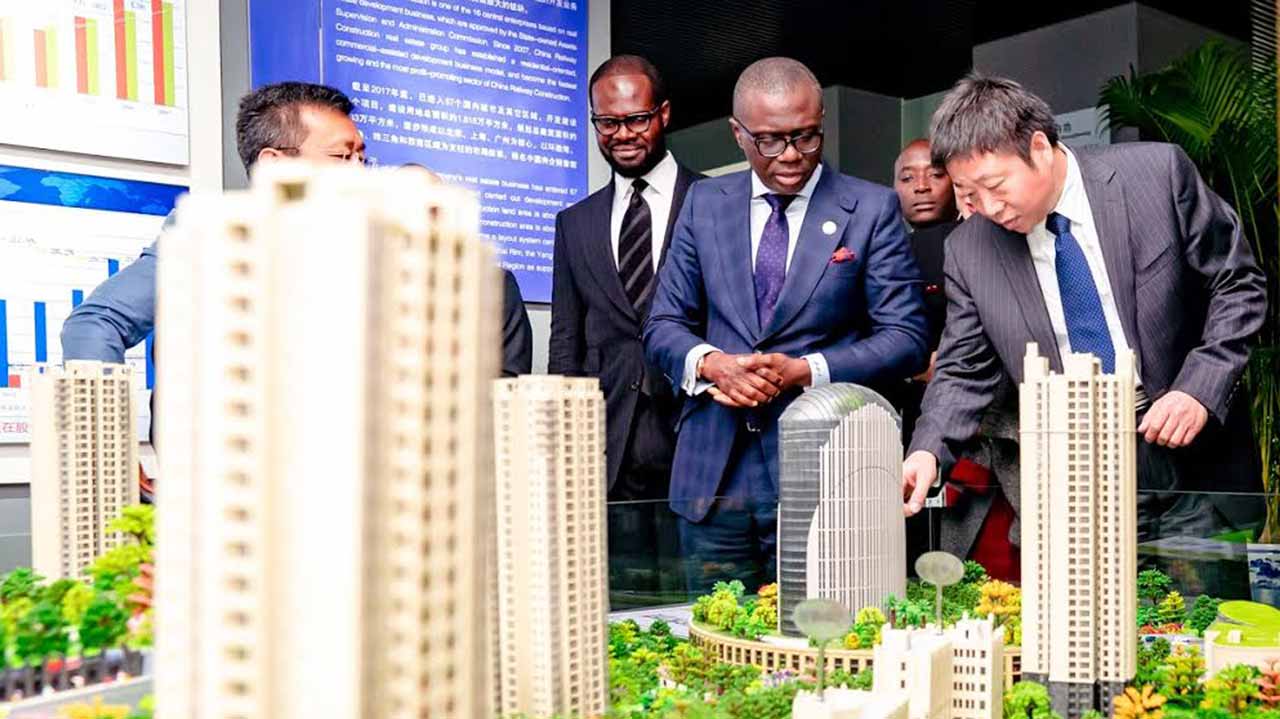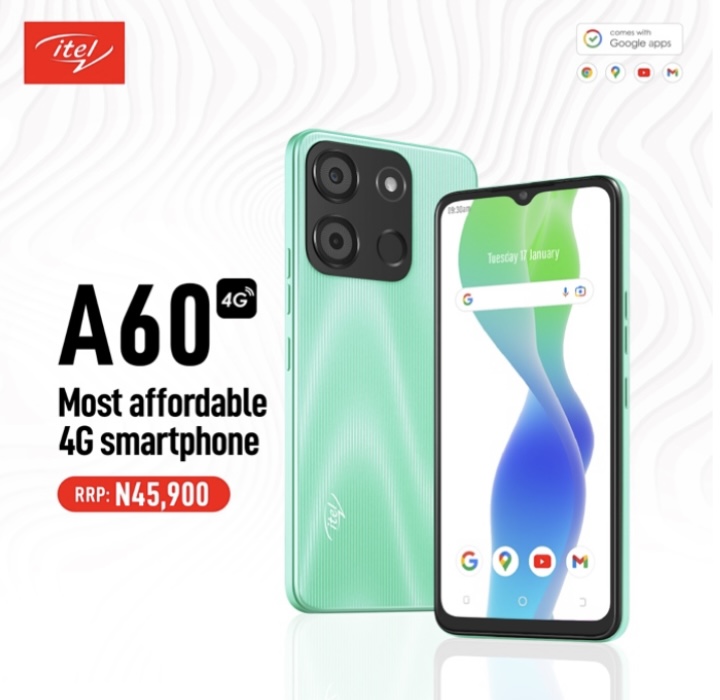BY ALEXANDER ABAYOMI
Lagos is many things to many people – a commercial hub, home, city of opportunity, and haven – with every shade and colour of Nigeria represented. This city is chaotic and also an incredible melting pot. With a land area of just over 1,000 square kilometres, it is one of the most congested cities globally and possesses a teeming population of young people eager to work, be entrepreneurs, and manifest their dreams.
Its geographical location is also important – Lagos is situated on an estuary, making it an ideal port city. Located on the southeastern coast of Africa, it is close to major seaports that are key for importing goods and exporting commodities, as it is situated on the main shipping lanes between Europe and Africa and is just a few hours’ flying time from the world’s major financial and commercial centres. As a result, Lagos has made significant inroads into the global economy, ranking second among African cities in the World Economic Forum’s Global Cities Index for 2016-2017. By 2022 – under Governor Babajide Sanwo-Olu, Lagos was ranked as Africa’s 4th biggest economy in a global report by Henley & Partners.
Its strong performance, which can be traced to a young cosmopolitan population, a wealth of natural resources, and a well-educated workforce, reflects the city’s ambitious agenda to become a global centre of commerce and culture. Moreover, unlike several states in Nigeria, Lagos is at the cusp of something transformational; a governance success that could be a powerful testimony to the vibrancy and potential of Africa’s most populous continent. But in an election year where there are more questions about the country’s direction, Lagosians cannot afford to gamble with their future.
The city has its unique challenges, unarguably. With a population of over 20 million and an expanding economy, the city needs infrastructure improvements and expansion to support its growing population. With a population density of about 400 people per square kilometre, Lagos is begging for an effective inter-modal transportation system, improved housing and security infrastructure and increased investment in health facilities. In addition, every day, thousands of foreigners and Nigerians from other states flow into the city for employment and a better lifestyle, creating a weight of gargantuan responsibility and resources stretched to a breaking point.
Despite dealing with a multitude of intense challenges over the last few years—the COVID-19 pandemic, a national recession, and heightened national insecurity, the progress in the state cannot be argued. Right from the former Lagos State governor, Babatunde Fashola’s focus on tax, education and infrastructure reforms to the current administration’s THEMES agenda, the state has made tremendous progress in terms of sustained rapid economic growth, a significant reduction in crime rates, and creating an enabling environment to raise inhabitants out of poverty. Specifically, Governor Babajide Sanwo-Olu has built an incontestable record of delivering innovatively across three successive administrations, ensuring increased value in public spending, maintaining fiscal sustainability, and effectively managing financial and health risks.
Under Governor Fashola’s administration, Lagos achieved a seemingly impossible feat – cleaning up the otherwise intractable Oshodi area to address high crime rates, grinding gridlock, and over-crowdedness. This also includes the expansion of The LAGBUS System and the Lagos Security and Trust Fund, introduced by then-commissioner Sanwo-Olu. Clearly, a collective vision had been formed, and history has shown that it is bigger than any person, politician or political candidate. In 2022, Lagos State became the first sub-national government in Africa to fund and deliver a rail system from the state’s balance sheet.
The Lagos State Development Plan 2052: Africa’s Model Mega City Master Plan” is underway and is set to be the largest city development project in African history. Estimated to cost over $45 billion, it includes a new city centre, infrastructure upgrades and expansions and will create more than two million jobs. Overall, only seven African cities had a score of more than 1.0 points on StartupBlink’s index for 2021, with the urban areas claiming the top spots coming as no surprise. Lagos, for example, is not only the biggest metropolitan area in Africa but has also made a name for itself as a tech hub rapidly advancing towards a 24-hour economy, generating 10% of Nigeria’s total GDP of $432.3 billion.
In 2023, it is the moment of truth for all. Like other megacities such as New York, Tokyo, and Beijing, Lagos is running on a master plan that has worked for decades. The remarkable successes recorded in these global communities are determined by the willingness to recognise rising challenges, innovate, and keep advancing. Apart from his achievements over twenty years, Governor Sanwo-Olu has a unique advantage – a deep understanding of how Lagos works and the master plan, the people and their challenges, a record of public service, and a demonstrable willingness to provide solutions. His vast experience in running the architecture of Lagos State has led to its admirable position.
As over 20 million Lagosians get set to elect a new Governor in March 2023, the onus is on the people to ensure that the right person occupies the coveted seat of the number one citizen of the state. The electorates are therefore saddled with a simple responsibility during the gubernatorial election to choose the right man for the job. As we have all watched the nation’s spiral turn in the past eight years, a change for its own sake is not enough. It is simply the time to place capability, experience, and competence first. We cannot afford anything else simply to upset the apple cart. Lagos might never recover.
Alexander Abayomi (MSc.) is a social entrepreneur and youth activist.
Add a comment






